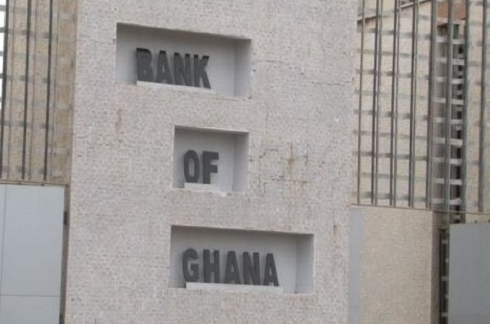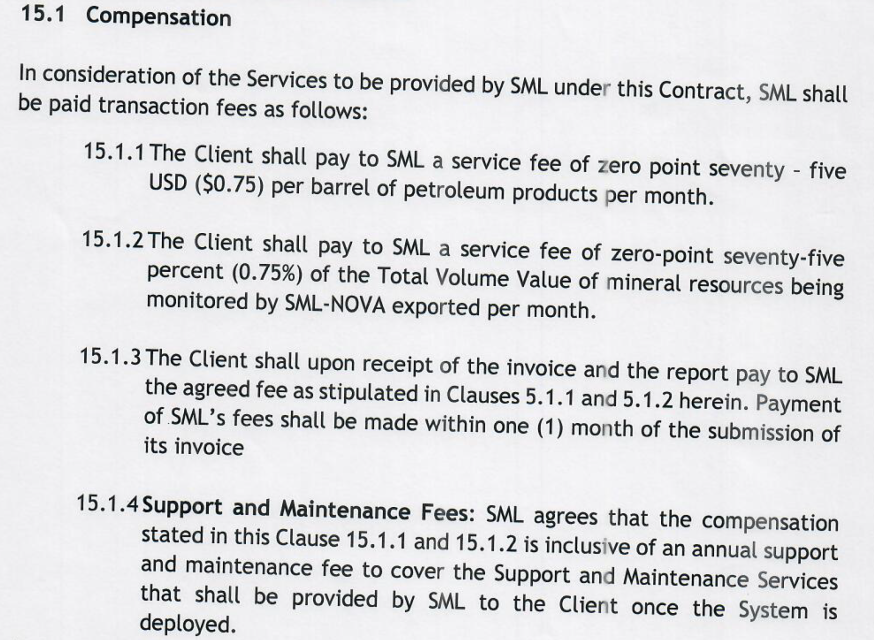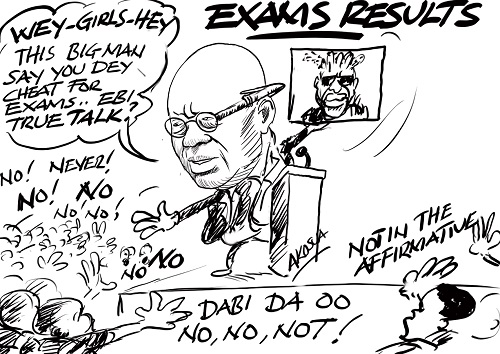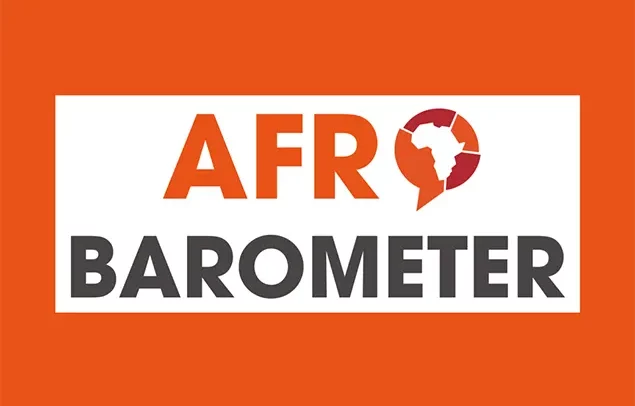
Currency analysts have stated that the Bank of Ghana’s auction of 120 million dollars in the first quarter of this year, to contain the cedi’s depreciation has begun yielding the intended results.
According to them, the move would have been more effective if the Bank of Ghana increased its supply of dollars in the first two months of the year.The comment follows Citi Business News’ assessment to explore the impact of the auction by the Bank of Ghana, with about a week to end its performance in the first quarter of this year.
Governor of the Bank of Ghana, Dr. Abdul Nashiru Issahaku justifying the move by the central bank to auction 120 million dollars for the first quarter of 2017.
This year’s 120 million dollar auction followed a similar one carried out in November 2016.
At the time, the central bank auctioned 60 million dollars from the 1.8 billion dollars cocoa syndicated loan contracted in September 2016.
But has the move yielded the intended result which is primarily to stabilize the cedi against the dollar.
Figures available to Citi Business News show that the cedi, between January and February this year witnessed a sharp depreciation against the major trading currencies both on the interbank foreign exchange market and across forex bureaus in the country.
A GN Bank report also showed that the cedi depreciated by about 7 percent to the dollar as at March 10, 2017.
The development shows that despite the auctioning in the month of January and February the cedi performed badly.
New figures however show the cedi for the month of March has experienced relative stability against major currencies.
Speaking on the progress of the auction, the General Manager of Treasury at HFC Bank, Joseph Nketsia explained to Citi Business News the sharp depreciation in early months was largely because of the inadequate supply to meet demand.
“The dollar auction has really had a positive two weeks. At the initial stages, the demand for foreign currency was very high as a result, the 40 million dollars auction by the bank of Ghana wasn’t enough to absorb the demand on the market and that is what caused the cedi to depreciate further,” he asserted.
A Senior Research Fellow at the Institute for Fiscal Studies, Dr. Said Boakye earlier told Citi Business News he opposed the auction and questioned its sustainability.
In his view, the central bank risks depleting its foreign reserve with the plan.
But Joseph Nketsia further explained that the move is now yielding results after not doing so in the first two months of this year.
“Traders who were restocking have completed that and those whose goods were brought in on letters of credit were able to pay for them hence the demand for foreign currency has slowed down…Some banks who took inventory of some of the dollars still have dollars available and that is what has brought about the stability on the market now,” he said.
–
By: Pius Amihere Eduku/citibusinessnews.com/Ghana
Currency analysts have stated that the Bank of Ghana’s auction of 120 million dollars in the first quarter of this year, to contain the cedi’s depreciation has begun yielding the intended results. According to them, the move would have been more effective if the Bank of Ghana increased its supply of dollars in the first ... Read Full Story




















Facebook
Twitter
Pinterest
Instagram
Google+
YouTube
LinkedIn
RSS